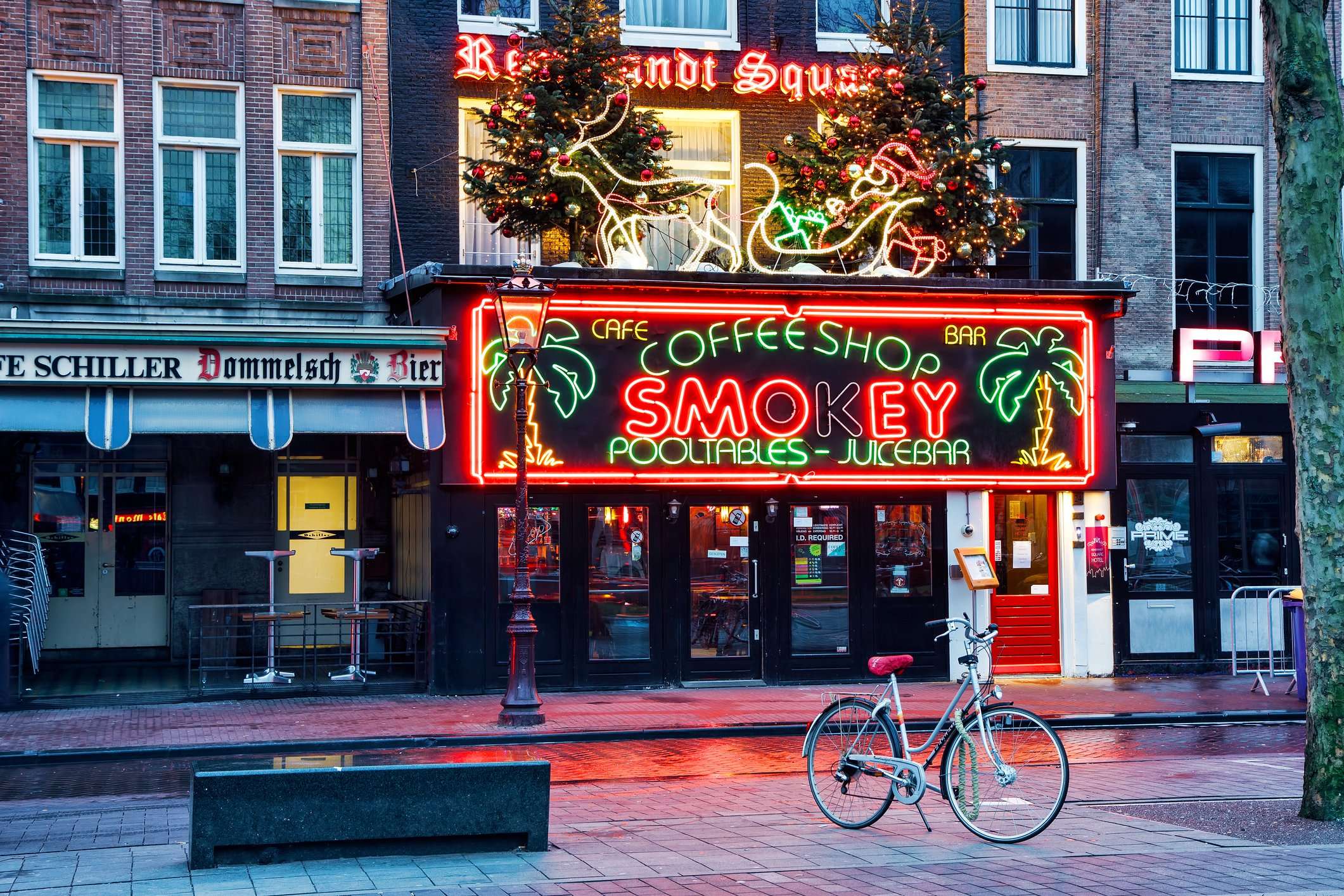The fallibility of eye-witness memory has been well-documented by psychologists, including how alcohol intoxication undermines witness accuracy still further. In fact, psychological research into the foibles of human memory and the implications this has for legal proceedings is arguably one of the best examples of the discipline making a practical contribution to everyday life.
And yet, as Annelies Vredeveldt at VU University Amsterdam and her team explain in their new paper in Applied Cognitive Psychology, there is a striking gap in the literature: “despite the frequency with which people use cannabis, there is almost no research examining its effects on eye-witness memory.”
Lab research suggests that cannabis intoxication affects memory, including reducing the accuracy of recall and increasing the propensity for false memories. To test what this might mean in the context of cannabis affecting eye-witness memory (which has been studied just once before, 20 years ago), the researchers recruited and tested 55 sober participants entering coffee shops in Amsterdam (where cannabis is smoked and consumed in other ways) and compared their performance with 63 participants tested under the influence of cannabis who were recruited upon leaving a coffee shop.
The researchers played all the participants a two-minute video of a staged shop robbery; gave them a two-minute filler task that involved Sudoku; and then two memory tests. The first test asked them to describe everything they could remember of the crime. The second asked them to look at a six-person police line up and say whether the robber was present or not, and to say how confident they were in their judgment.
The participants under the influence of cannabis provided fewer accurate details of the crime, especially relating to descriptions of the people involved. This could have important real-life implications. “Arguably person descriptors are the most forensically relevant information in a place investigation, as it may lead the police to a suspect or contribute to the evidence incriminating or exonerating a suspect,” the researchers said.
However, on the line-ups, the cannabis intoxicated participants performed just as accurately as the sober participants, both at correctly identifying the suspect if he was present, or correctly noting his absence if he wasn’t there. What’s more, the intoxicated participants were more confident in their judgments, and there was a stronger correlation between their confidence and accuracy. The researchers surmised this greater insight could be due to the known effect of cannabis on increasing introspection and internal focus. This finding too could have real-life implications since it’s known that jurors and judges are influenced by witnesses’ confidence.
This study breaks new ground, but it’s not without some issues – for instance, the realism of recruiting coffee-shop patrons came at the expense of experimental control. There was no random allocation to conditions, for example, and the researchers didn’t have an accurate measure of their participants’ levels of intoxication. Vredeveldt and her team recommend that future research strive for greater experimental control, and they said it would be useful to find out whether the adverse effects of cannabis on recall dissipate once a witness sobers up.
—Effects of cannabis on eyewitness memory: A field study
Christian Jarrett (@Psych_Writer) is Editor of BPS Research Digest

orangewristband on July 30th, 2018 at 13:34 UTC »
In other words very very poorly. Took a class during college where they had a guy “run in and steal” a purse during the lecture. People were crazy different with their description, male and female, white, black , Asian etc. short, tall. Some even said the red hoodie was blue...
iamsortoffakenews on July 30th, 2018 at 13:25 UTC »
The title is slightly misleading. Those who were intoxicated had fewer accurate details than those who were sober. So yes, if they can identify the suspect in a line up, that's great, but when it comes to witness testimony in court, if they're only recalling a few details accurately, that becomes problematic.
potatoaster on July 30th, 2018 at 12:30 UTC »
The study:
Effects of cannabis on eyewitness memory: A field study
The findings:
Figure 2: Correct recall
"Cannabis intoxication significantly reduced the number of correct details reported regarding persons and surroundings, but not actions or objects."
Table 1: Lineup identification
"We found no significant effect of cannabis intoxication on lineup accuracy."
Figure 3: Confidence in lineup decisions
"Intoxicated participants were more confident than sober participants."
The claims:
"Cannabis intoxicated eye witnesses performed as accurately as sober ones at identifying a suspect"
True. But they had more true positives and more false positives.
"They were also more confident with a stronger correlation between confidence and accuracy"
True, but driven primarily by strong confidence in true positives rather than overall accuracy.